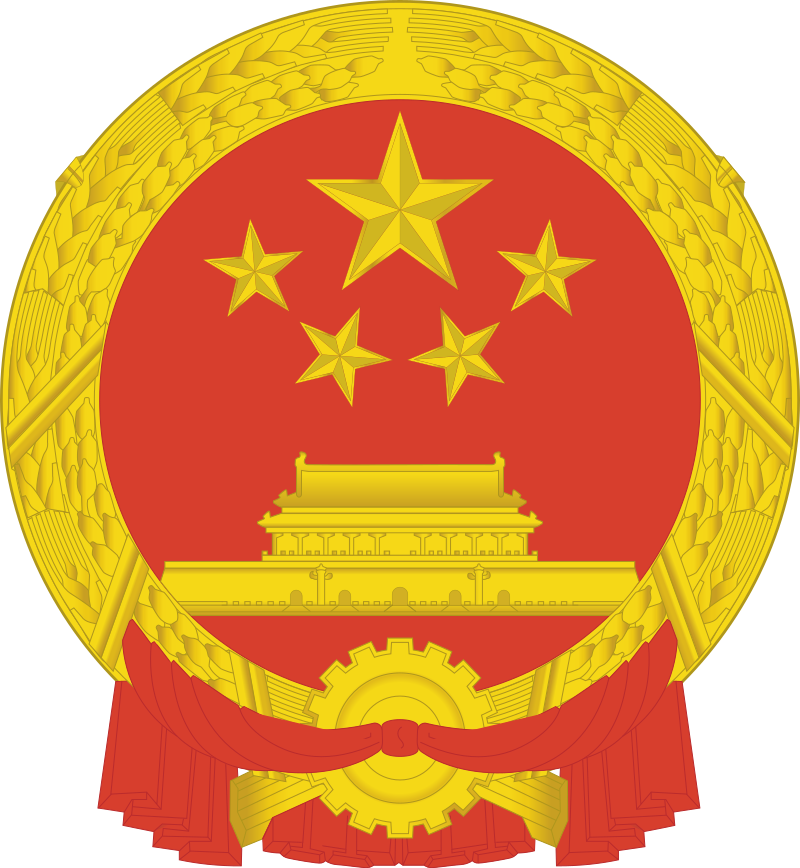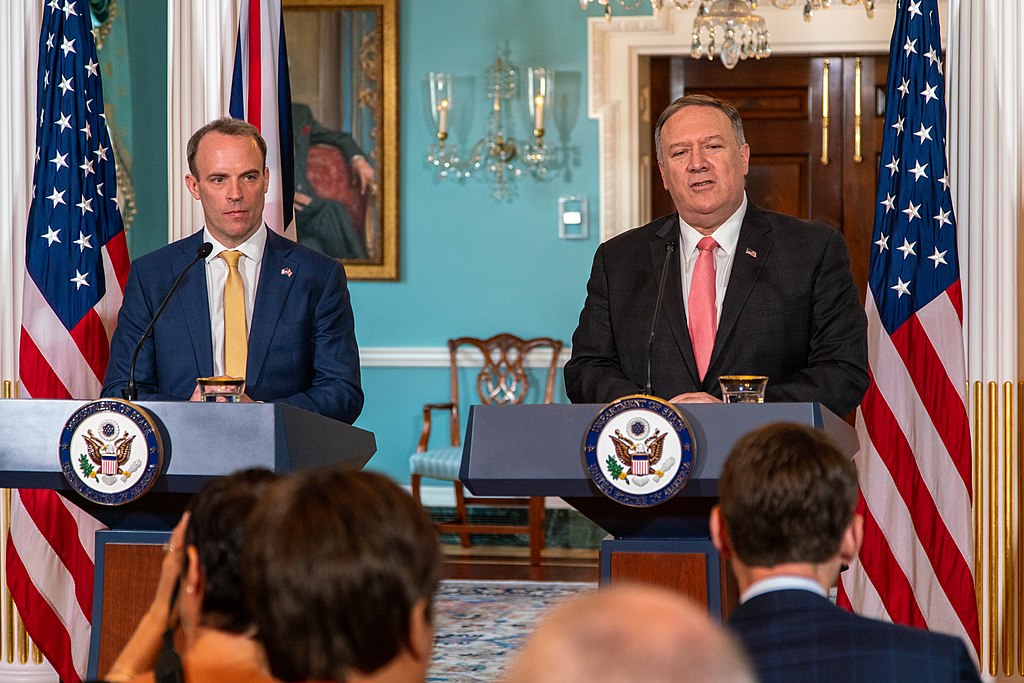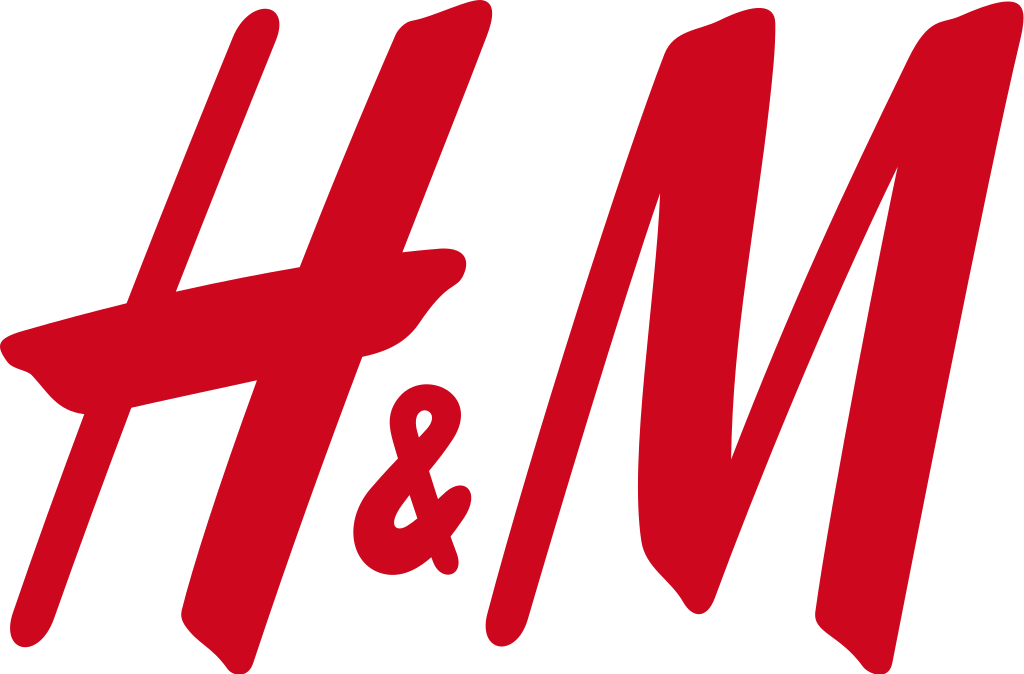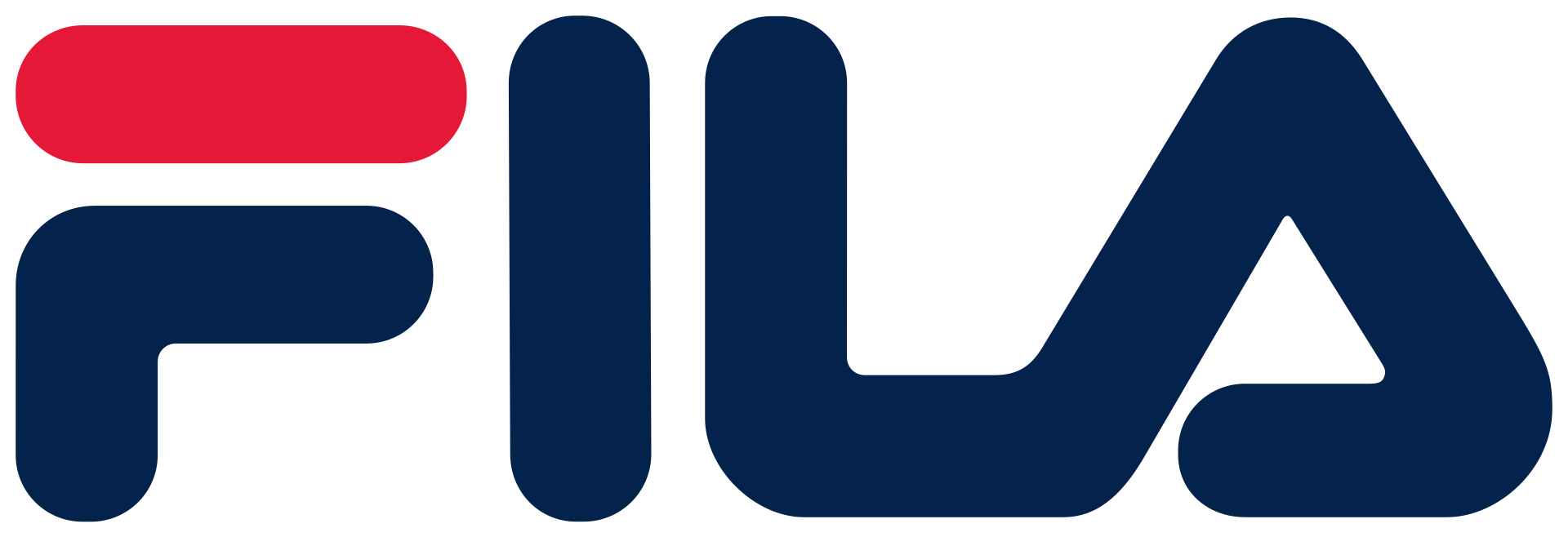China’s move to boycott international apparel brands has come under severe criticism world-wide.
The move was made in retaliation to the recent sanctions imposed on Beijing by the US and other Western countries over Xinjiang.
Beijing has refuted the charge of “ forced labour” being used in the west of the country – also known as East Turkistan – and is stating that such claims are discriminatory and fabricated.
It also maintains that dozens of foreign brands like H&M, Adidas and Nike heavily depend on the Chinese market but they have unwisely chosen to stand against the 1.4 billion Chinese consumers by banning Xinjiang cotton from their production lines.

China has maintained that Xinjiang camps are “vocational training centers” designed to combat poverty and religious extremism.
The boycott of foreign brands by China is a clear indication of what is in store for companies if they do not follow the law as suits China.
The Chinese regime has openly threatened multi-nationals stating that their stand on Xinjiang will affect market prospects in the rapidly expanding Chinese market amidst an increasingly gloomy global economy.
Chinese experts too have stated in clear terms that the ultimate brand value of these western companies, measured in terms of their growth potential, could be cut in half over the next five years if they refuse to rectify their discrimination against China.
Last week, share prices of Swedish clothing company H&M and dozens of foreign brands saw a significantly drop in addition to condemnation by Chinese netizens over the ban on Xinjiang cotton.
Media reports from China stated that Germany-based Adidas, one of the most popular foreign clothing brands with Chinese consumers, saw its share price drop by more than six percent last Thursday alone.
Adidas, together with US-based Nike, saw their market value drop by more than 10.7 billion US dollars (70 billion yuan) the same day.
The market value of H&M also slumped by about 0.73 billion US dollars (4.8 billion yuan).
More than 40 Chinese entertainment world celebrities too have rescinded endorsement contracts with these brands.
On social media platforms, the Chinese government has brazenly `misused’ the narrative of `national dignity’ being damaged to target foreign brands.
Research institutes and leading Chinese media networks too have successfully created a fear-psychosis among the foreign brands in China under which foreign companies can never succeed if they have no respect for local markets and local consumers.
Foreign brands, especially corporate western brands have expanded fast in the Chinese market, which correspondingly has offered rewards to the brands over the last few years.
Meanwhile, Chinese experts have claimed that domestic Chinese brands have also shown rapid growth within the world’s strongest manufacturing industries.
The brand values of Li Ning, Anta and many other Chinese sportswear brands for instance have been soaring in recent years.
The behavior of Chinese consumers has also diversified with the size of the middle-income population on the rise.
Diversification in shopping preferences can be seen across China.
China‘s sanction on these Western companies therefore is nothing but a brazen attempt to weaken an emerging global norm.
It also amplifies precisely the concerns expressed by these companies.
Human rights organizations have deplored the Chinese government’s action against foreign companies declaring it to be showing its true colors by pressuring companies to be complicit in abuses rather than working together to end violations against Turkic Muslims.
In this regard the status quo is a litmus test of companies’ upholding their own human rights commitments.

Countries like Canada, the European Union, the United Kingdom, and the United States have of late announced newly coordinated sanctions on four Chinese government officials, and the Xinjiang Production and Construction Corps (XPCC) of the Public Security Bureau.
These sanctions were imposed because of those individuals’ and the XPCC’s alleged involvement in human rights violations, including forced labor, in the Xinjiang region – and in particularly in the cotton and textile sectors.

In retaliation, the Chinese government announced sanctions against various European politicians, academics, and institutions.
Chinese government agencies and netizens have focused fresh attention on international brands that had expressed concerns about forced labor.
Netizens, in response, have criticized several companies in online forums and called for boycotts of the companies’ products.
The Communist Youth League targeted the Swedish retailer H&M, which had publicly expressed concerns about Turkic Muslim forced labor in September 2020.
At that time, H&M announced that it would end its relationship with Huafu Fashion, a yarn supplier with operations in Xinjiang that had been identified as using forced labor.
Within a day of the Youth League statement three major Chinese e-retailers had removed all H&M products from their online stores.
Facing the backlash, at least three major brands have also withdrawn statements from their websites on policies against forced labour.
Other companies, including Fila and Hugo Boss, said in late March they will continue to use cotton from Xinjiang.
Neither company made references to forced labor or a need to perform human rights due diligence.
It may be mentioned here that governments are required, and companies are expected to comply with the United Nations Guiding Principles on Business and Human Rights (UNGPs).
Swedish multinational clothing retain company, Hennes & Mauritz AB (H&M), US multinational Nike, and other big Western apparel brands are bound to comply with UNGPs.
Under these principles, companies have a responsibility to conduct human rights due diligence throughout their supply chains to ensure that their activities do not cause or enable harm, and that there are meaningful remedies available to workers or others affected.
Some major brands, including Eileen Fisher and Marks & Spencer, have joined the “Call to Action” developed by the Coalition to End Forced Labor in the Uyghur Region.













Comments are closed.